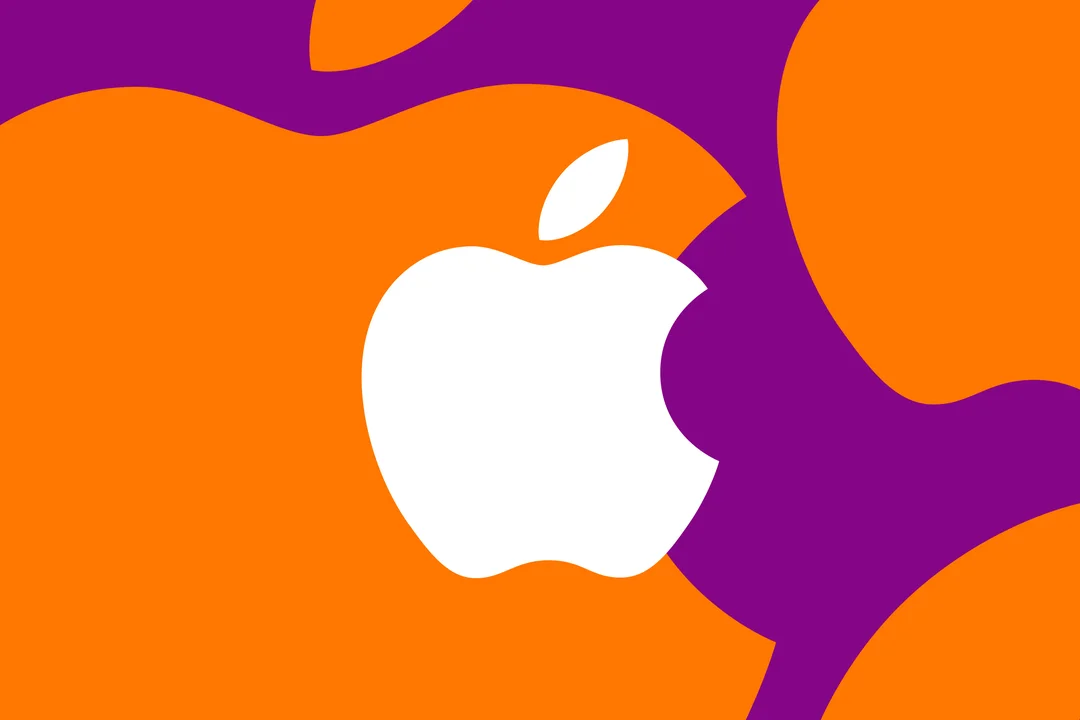
App Store Freedom Act: Will US iPhones Finally Get Third-Party App Stores?
A new battle is brewing in the tech world as U.S. Representative Kat Cammack [R-FL3] introduces the App Store Freedom Act. This bill seeks to shake up the mobile app marketplace by challenging the dominance of companies like Apple and Google. But what exactly does this mean for iPhone users and app developers in the U.S.?

The core aim of the App Store Freedom Act is to foster greater competition and protect consumers. The bill targets large app store operators with over 100 million U.S. users, compelling them to allow users to set third-party app stores as their default, install apps outside the dominant platform, and even remove or hide pre-installed apps.
One key aspect of the proposed legislation is the requirement for these companies to provide developers with equal access to interfaces, features, and development tools without cost or discrimination. This levels the playing field for smaller developers who often struggle to compete against larger corporations.
According to Rep. Cammack, "For too long, consumers and developers have borne the brunt of anti-competitive practices on major app store marketplaces. Dominant app stores have controlled customer data and forced consumers to use the marketplaces’ own merchant services, instead of the native, in-app offerings provided by the applications and developers themselves. The results are higher prices and limited selections for consumers and anti-competitive practices for developers that have stifled innovation."
The bill also addresses developers' concerns about in-app payment systems and pricing parity by prohibiting app stores from forcing developers to use proprietary payment systems, imposing pricing parity requirements, and punishing developers for distributing their apps elsewhere.
The proposed legislation echoes similar efforts in the European Union, where the Digital Markets Act (DMA) has already pushed Apple to allow third-party app stores and external payment options. This transatlantic trend suggests a growing global push for a more open and competitive app ecosystem.
Spotify's Chief Public Affairs Officer, Dustee Jenkins, praised the bill, stating that it “could be a game-changer for American consumers by giving them more choice and control over their devices than ever before.” Similarly, the Coalition for App Fairness (CAF) hailed the App Store Freedom Act as “a vital step towards empowering developers and consumers by ensuring a level playing field for all participants in the app ecosystem.”
Analyst Erik Woodring of Morgan Stanley noted that the EU App Store revenue growth remained relatively consistent despite the enforcement of the DMA, implying that the apprehension surrounding the changes could be overblown. However, the US market dynamics could present different challenges and opportunities.

The App Store Freedom Act represents a significant challenge to the status quo of the app market. If passed, it could reshape how users access and interact with apps on their iPhones and potentially other devices.
What do you think? Will this bill truly foster innovation and benefit consumers, or will it create unforeseen complications? Share your thoughts and opinions in the comments below!